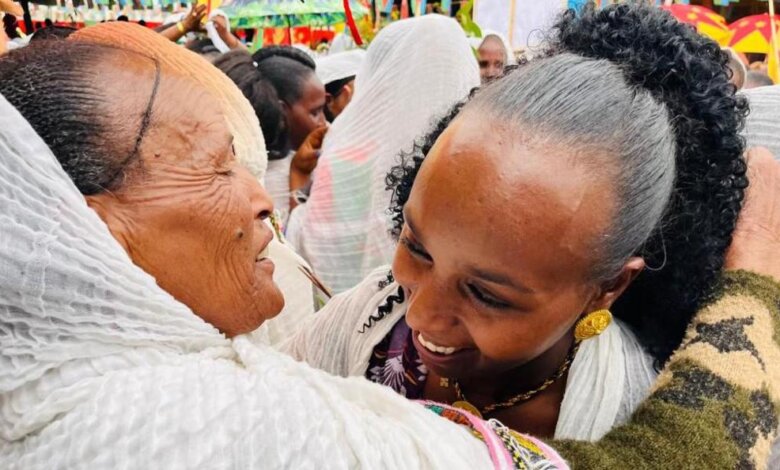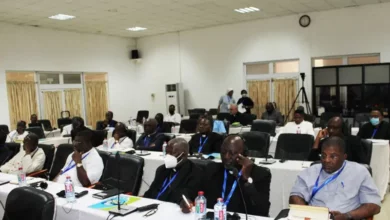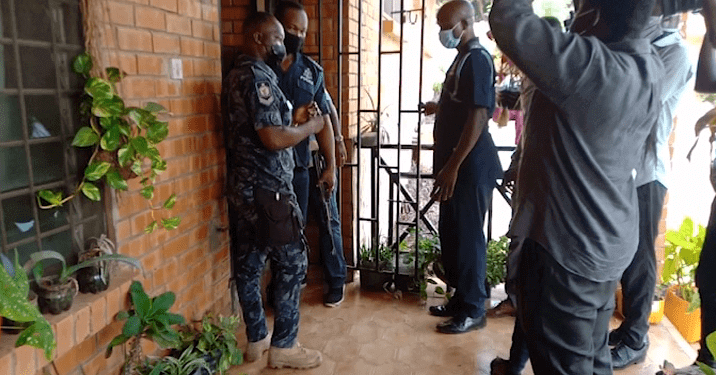Ethiopia-Eritrea border reunion brings hope after years of conflict

For the first time in five years, communities along the Ethiopia-Eritrea border reunited in an emotional gathering marked by hope and healing. In Zalambessa, a town on the Ethiopian side of the frontier, families, and friends separated since the outbreak of the Tigray conflict in 2020 embraced across a border that has long symbolized division and political tension.
The grassroots reunion, held without formal authorization from either government, was initiated by local activists and respected elders, who say they had quiet support from officials in Tigray and Eritrea. Religious leaders also played a key role in making the symbolic moment possible.
The event was not just a reunion, it was a declaration of peace. People chanted, “Enough of the past, let’s sit at the table of peace and build a better future,” as they crossed freely between the two countries. Informal trade has also resumed, with residents using both Eritrean and Ethiopian currencies in the region.
For many, the gathering was deeply personal. “We want to eat, trade, and attend social events as before,” said a Tigrayan woman, expressing a desire to restore the social and economic ties that once defined life along the border.
Zalambessa, however, bears the scars of conflict. Electricity, phone lines, and banking systems remain destroyed, and thousands remain displaced, with over 55,000 people still sheltering in Adigrat, some 30 kilometres away. Water, healthcare, and education services are slowly being rebuilt by locals and aid groups, but progress is slow and resources are limited.
The border between the two nations, officially closed for most of the past three decades, briefly reopened in 2018 after Ethiopian Prime Minister Abiy Ahmed and Eritrean President Isaias Afwerki signed a landmark peace agreement. That historic move earned Abiy the Nobel Peace Prize but ultimately failed to hold amid renewed tensions following the Tigray war.
Despite these challenges, the reunion sparked cautious optimism. “I am confident that the peace and reconciliation we started today will continue to grow,” said Nebiat Woldegergis, who travelled from Senafe, Eritrea, for the occasion.
Amleset, a mother displaced by the conflict, returned to see her abandoned home: “From now on, I will return with my children and continue living on my land.” While the event marked a significant step toward healing, long-term reconciliation between the Ethiopian and Eritrean governments remains uncertain.
Written by Kweku Sampson

This article is published by either a staff writer, an intern, or an editor of TheAfricanDream.net, based on editorial discretion.





